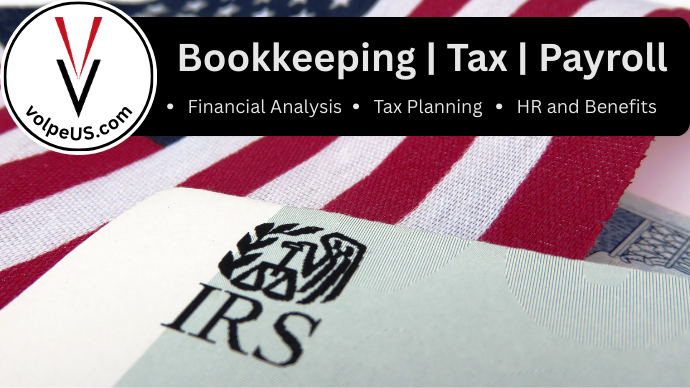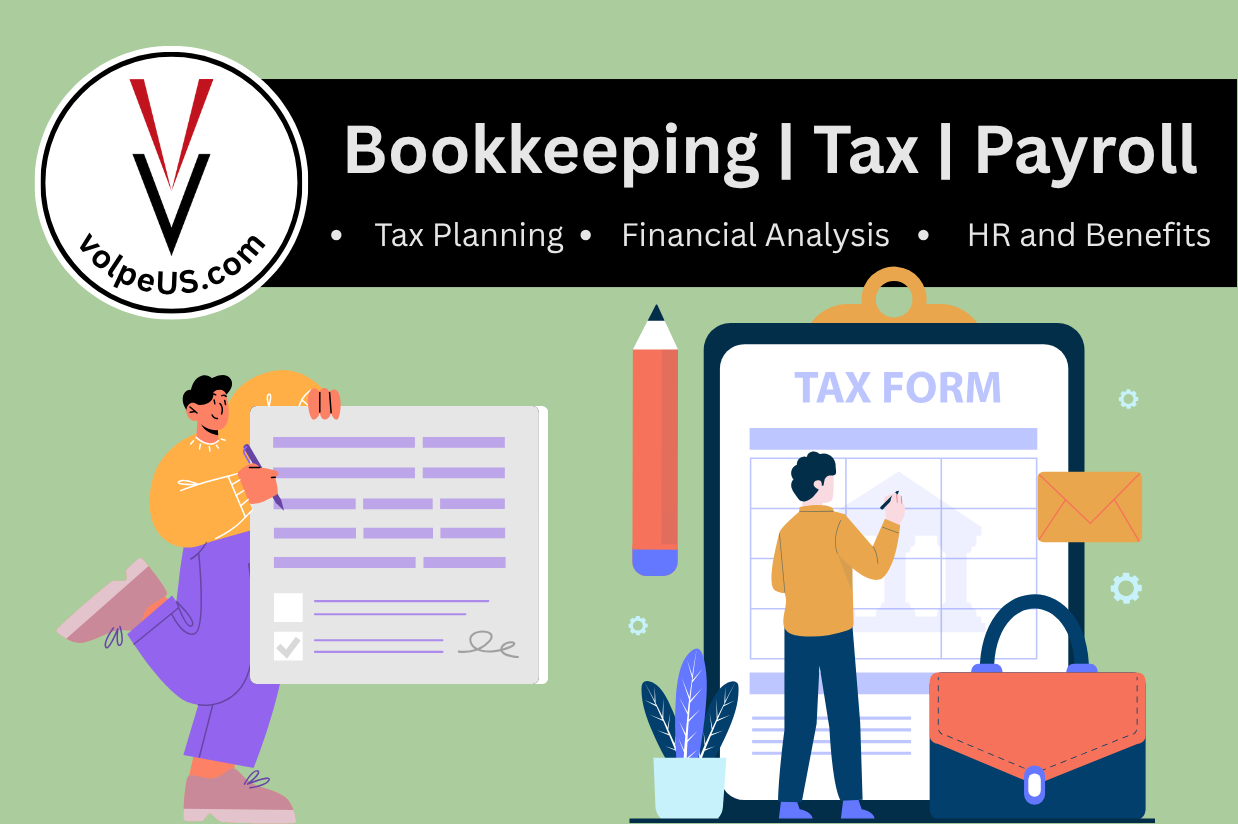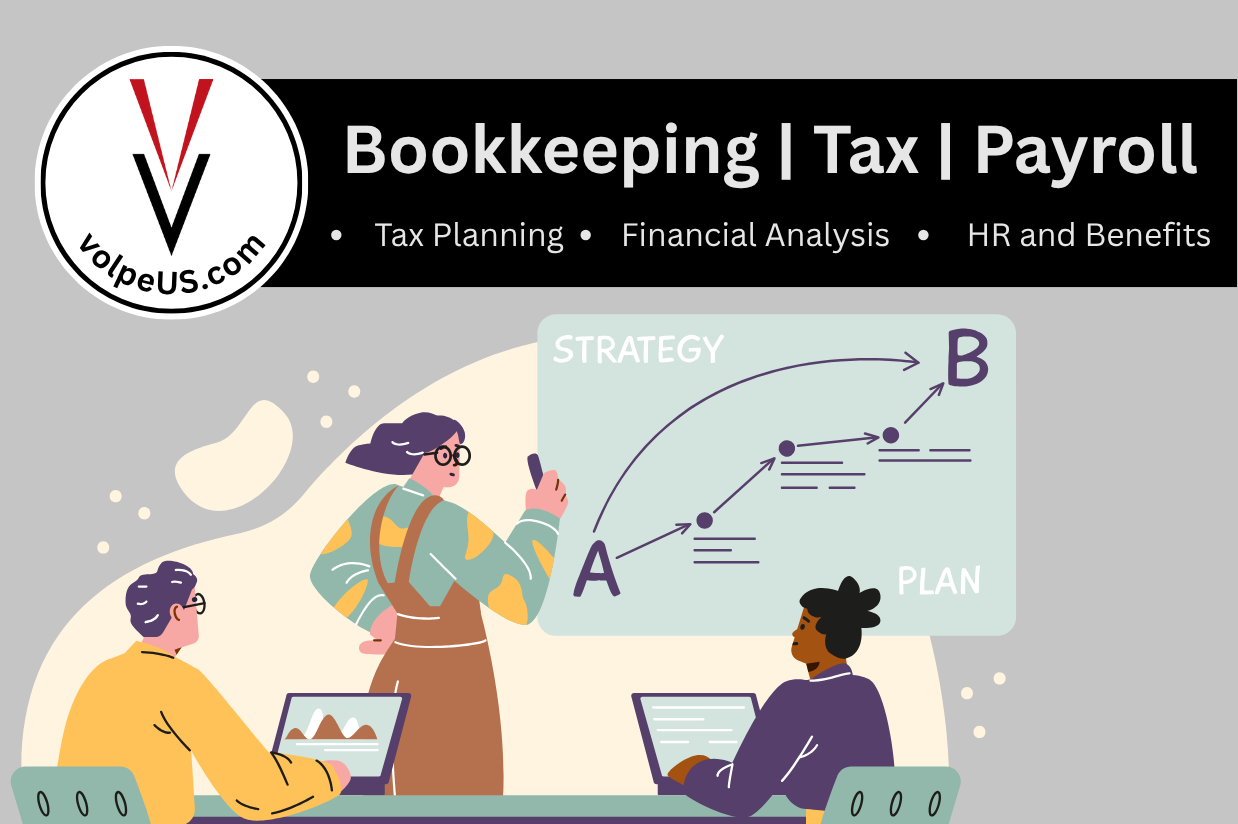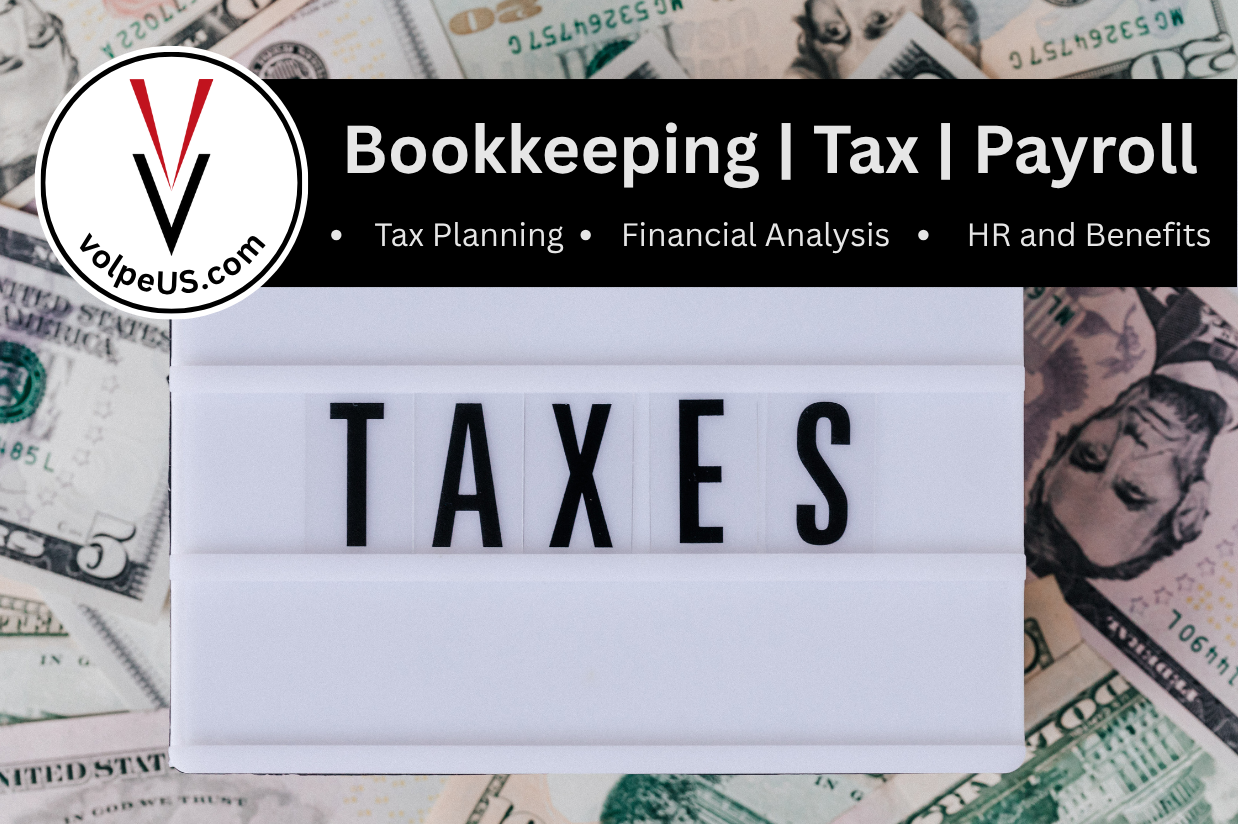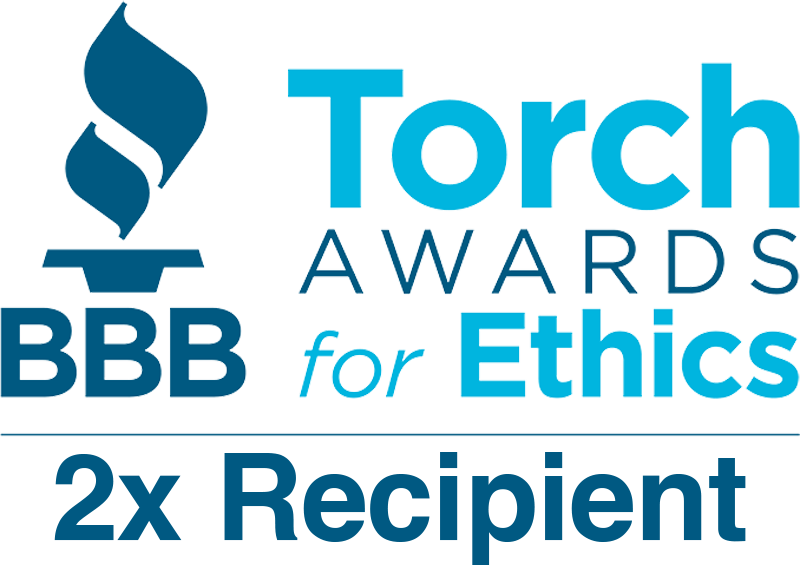Jump to a Specific Section
FLSA Increases Minimum Salary Threshold for Overtime Eligibility: 2024 & 2025 Update
Yes, there is a minimum salary requirement for an employee to be exempt from overtime pay. Many business owners assume that once an employee is on salary, they are not entitled to overtime. However, that’s not always the case. Whether salaried employees are eligible for overtime depends on how they are categorized: Exempt or Non-Exempt.
- Exempt means “exempt from being paid overtime pay,” which typically means that the employee is paid whatever their base salary is regardless of how many hours they work.
- To be considered exempt, the employee must pass both the Minimum Salary Test, and the Job Duties Test.
- Non-Exempt means that the employee is entitled to overtime pay for overtime hours worked.
- If an employee’s employment situation does not pass both tests, they are automatically non-exempt, and must be paid 1.5x their calculated hourly rate for any overtime hours worked.
- Exempt means “exempt from being paid overtime pay,” which typically means that the employee is paid whatever their base salary is regardless of how many hours they work.
In this article, we will explore the minimum salary threshold, the five most common job duty exemptions, what these changes mean, how they affect businesses and their employees, and how they might impact your payroll costs.
There is a recent update to the part of this article regarding the minimum salary threshold found here: FLSA Update! — 2019 Minimum Salary Threshold Reinstated
What is the Minimum Salary Before Overtime Must be Paid?
Minimum Salary Test
Through the Fair Labor Standards Act (FLSA), the Department of Labor (DOL) has set minimum salary thresholds to determine when employees fall under the exempt category. These thresholds prevent employees earning below a certain salary from being denied overtime pay. In other words, if an employee is being paid less than a certain amount, they must be paid time-and-a-half for overtime hours worked, regardless of whether or not they are technically on salary.
The salary threshold was first set at $455/week in 2004 and increased to $684/week in 2019.
It increased to $844/week on July 1, 2024.
It will increase again to $1,128/week starting January 1, 2025.
As of the time of this writing, any salaried employee whose annual salary breaks down to less than $844 per week — $43,888 annually — must be paid time-and-a-half for overtime hours worked at whatever their hourly rate would be.
Starting on January 1, 2025, this minimum threshold for salaried employees increases to $1,128 per week — $58,656 annually.
After January 1, 2025, this minimum salary will continue to increase every three years on July 1.
Note: Some states may have higher minimum salary thresholds, so make sure to consult with your state’s department of labor or your accountant to ensure you’re compliant.
The Five Primary Overtime Exemptions

Job Duties Test
In addition to the minimum salary threshold, one key factor that determines whether a salaried employee is exempt or non-exempt is the nature of their job duties. An employee’s job duties must meet certain criteria. Here are the five most common situations where an employee can be considered exempt from overtime pay, so long as they are still at least making the minimum required salary.
Executive Exemption ( + Minimum Salary)
Employees fall under the executive exemption if they:
- Regularly direct the work of at least two full-time employees (or the equivalent in part-time roles). For example, this could mean four part-time employees working 20 hours per week or two part-time employees plus one full-time employee.
- Have the authority to hire, fire, or recommend changes to an employee’s status (such as promotions or terminations).
These employees are often supervisors, managers, or department heads who influence staffing decisions and oversee other workers.
Administrative Exemption ( + Minimum Salary)
The administrative exemption applies to employees performing non-manual or office work related to the business’s management or operations. To qualify as exempt, these employees must:
- Be engaged in work that affects the company’s core operations, such as budgeting, marketing, or HR.
- Exercise independent judgment and discretion on matters of significance.
This exemption typically applies to office administrators, HR professionals, and analysts with decision-making responsibilities.
Professional Exemption ( + Minimum Salary)
The professional exemption applies to jobs that require advanced knowledge in a field of science or learning. To qualify, the work must:
- Be primarily intellectual rather than manual.
- Require education or certification in fields such as law, medicine, accounting, architecture, teaching, or engineering.
For example, an accountant holding a CPA license or a software engineer with a computer science degree would meet the professional exemption criteria.
Outside Sales Exemption (No Pay Minimum)
The outside sales exemption is unique because it does not have a minimum salary threshold. Employees qualify if:
- Their primary duty is making sales or securing orders/contracts from clients.
- They regularly work outside the employer’s primary place of business.
This exemption emphasizes job duties over pay. A door-to-door salesperson or traveling sales representative could fall under this category, even if their income varies significantly.
Computer Employee Exemption ($24.63/Hour or Equivalent Salary)
Computer employees qualify for exemption if they work in specific roles, such as:
- Systems analysts
- Software engineers
- Computer programmers
These employees can be paid either on an hourly basis, with a minimum of $24.63/hour, or on a salaried basis. However, the work must involve high-level computer operations such as software development or systems analysis.
The Impact of Exempt vs. Non-Exempt Status on Payroll

If employees who earn a salary fall under the non-exempt category, they become eligible for overtime pay. Overtime applies when employees work more than 40 hours in a workweek, and the additional hours are paid at 1.5 times their hourly rate.
Example: How Overtime Adds Up
Let’s say you pay an employee with professional status a salary of $52,000 per year. Based on a standard 40-hour workweek, this breaks down to $1,000/week (less than the 2025 threshold, and therefore entitled to overtime pay). If the employee works 5 extra hours every week, overtime kicks in:
- Hourly Rate: $1,000 ÷ 40 hours = $25/hour
- Overtime Rate: $25 × 1.5 = $37.50/hour
- Overtime Pay for 5 Hours: $37.50 × 5 = $187.50/week
- Annual Overtime Cost: $187.50 × 52 weeks = $9,750
- Total Gross Pay: $52,000 + $9,750 = $61,750
In this case, the total annual compensation for this employee rises to $61,750 ($52,000 base salary + $9,750 overtime).
If you were to increase the employee’s annual salary to meet or exceed $58,656 ($1,128 weekly threshold x 52 weeks; also the equivalent of 45.12 hours per week at their current $25/hour hourly rate), they would hit the 2025 minimum salary threshold and qualify as exempt from overtime pay.
(Original Salary + Overtime) – Increased Salary = Savings
$61,750 – $58,656 = $3,094
You could save an annual $3,094 on the extra overtime wage expense by simply raising the employee’s minimum salary to $58,656 rather than paying them $25/hour + overtime for 45 hours per week.
Bonuses and Commissions Can Count Toward the Threshold
A lesser-known provision allows bonuses and commissions to help meet the new $1,128/week threshold. Up to 10% of the required salary can come from non-guaranteed pay, such as bonuses.
For example, if you pay an employee $52,790.40 annually (90% of the threshold), they can still qualify as exempt if they earn at least $5,865.60 in bonuses or commissions that year (the remaining 10% of the threshold).
However, relying too heavily on bonuses to meet the threshold comes with risks. If the employee does not meet their sales goals for enough commission, or if bonuses are unavailable or insufficient by the end of the year, the employee could suddenly become non-exempt. If they have not been paid the minimum salary, they could be retroactively eligible for overtime pay on overtime hours worked throughout the year. This makes it essential to structure pay carefully to avoid unexpected liabilities.
Should You Pay Minimum Salary or Hourly?

The decision to pay employees on a salary or hourly basis depends on several factors, including job duties, business needs, and employee expectations.
- Perception: Employees often perceive salaried jobs as more stable and prestigious, while hourly jobs offer more flexibility and transparency (getting paid directly for hours worked).
- Overtime Risk: Paying below the minimum salary threshold or incorrectly classifying an employee as exempt could result in overtime obligations. This could significantly impact your payroll if employees routinely work more than 40 hours per week.
It is crucial to re-evaluate your employees’ classifications annually, especially as thresholds change, to avoid misclassifying workers and incurring penalties.
How Business Owners Can Prepare for the Minimum Salary Increase
With the 2025 salary threshold changes on the horizon, now is the time to review your payroll structure and run each employee’s status through both tests to ensure compliance. Here are some practical steps:
- Audit Employee Classifications: Ensure all employees are correctly classified as exempt or non-exempt based on their duties and pay levels.
- Adjust Salaries if Necessary: If any employees fall below the new $1,128/week threshold, consider raising their pay or transitioning them to non-exempt hourly pay.
- Track Overtime Hours: If employees remain non-exempt, monitor their hours to ensure proper overtime compensation.
- Review Bonus Structures: If you plan to rely on bonuses to meet the exemption threshold, set realistic expectations and communicate these plans clearly to employees.
Breaking Down the Minimum Salary Threshold for Overtime Pay in 2024 & 2025
The Department of Labor’s minimum salary threshold adjustments are designed to protect workers and ensure fair compensation. Business owners need to pay close attention to these changes, as they can significantly impact payroll costs. Misclassifying employees or failing to meet new salary thresholds could expose your business to costly overtime pay obligations.
An Overview of the FLSA Salary Threshold Increase
Keep in mind, the $1,128/week threshold begins on January 1, 2025. The current threshold as of July 1, 2024, is $844/week, or $43,888. It might be a good idea to review each salaried employee’s hours and year-to-date pay to ensure they will have met the threshold by the end of the year.
Finally, note that some states have their own overtime rules and salary thresholds. Be sure to check your state’s labor laws or consult your accountant for compliance guidance.
If you have questions about how these changes might affect your business, don’t hesitate to reach out to Volpe Consulting and Accounting to help you stay compliant and manage your payroll efficiently.



